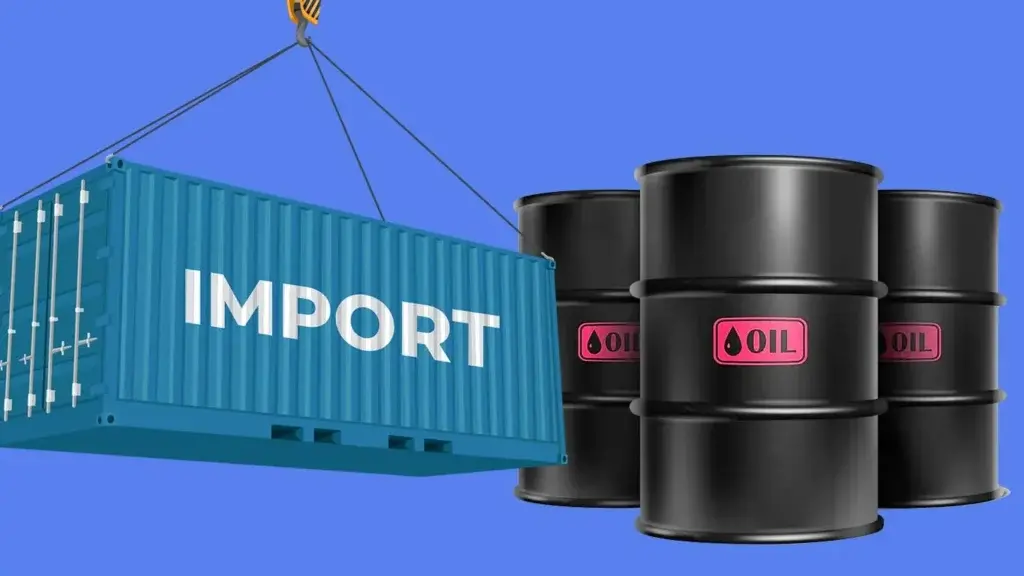The Executive Director of the Chamber of Petroleum Consumers (COPEC), Duncan Amoah, has sharply criticised Ghana’s oil sector policy, describing the continued export of crude and import of refined products as a flawed strategy that undermines the national economy and strengthens foreign ones.
Speaking at the 2025 Citi Business Forum on Thursday under the theme “The Global Tariffs Dispute: Navigating Ghana’s Recovery Strategy,” Duncan Amoah warned that Ghana’s failure to integrate its oil value chain is bleeding the economy and enriching foreign economies at the expense of its citizens.
“If as a country with hydrocarbons we cannot integrate the upstream, midstream and downstream to give our people competitive advantage, then I don’t know what we are doing,” Amoah stated. “Because this is where it gets sickening.”
He lamented that despite Ghana’s abundant hydrocarbon resources, the country continues to export crude oil only to re-import refined petroleum products at significant cost—spending up to $400 million monthly on fuel imports.
“You produce all the hydrocarbons here, you allow the IOCs [International Oil Companies] to ship everything back to the UK, to Holland. They go and refine and then midstream, we take USD400 million every single month to go and import the refined product back into the country… Eventually we are building their economies for them,” he said.
Amoah called for a bold policy shift anchored on using the Ghana National Petroleum Corporation (GNPC) to spearhead domestic oil development, with a focus on local refining to drive job creation, improve pricing autonomy, and reduce pressure on the local currency.
“I will be happy for a day to come when a leader says we’re going to use GNPC… to spearhead an oil discovery, we are keeping that bloc… we’ll refine locally—at TOR and build other refineries so that more people can get jobs to do,” he said.
He argued that Ghana’s current petroleum trade model—exporting crude, importing refined fuel, and paying in dollars—undermines the cedi and burdens consumers.
“We chase them with the dollar that we don’t have or we don’t mint to buy the finished product, then we come back and now decide the local currency is bad so we should add more to it so that the people will pay more,” Amoah fumed.
In his argument, the scale of economic mismanagement warrants extreme accountability, invoking religious law: “For me personally, Sharia law or the Mosaic law must apply to our leadership.”
The Citi Business Forum is an annual platform that gathers key policymakers, business leaders, and analysts to discuss emerging economic issues and shape policy recommendations for Ghana’s development.
